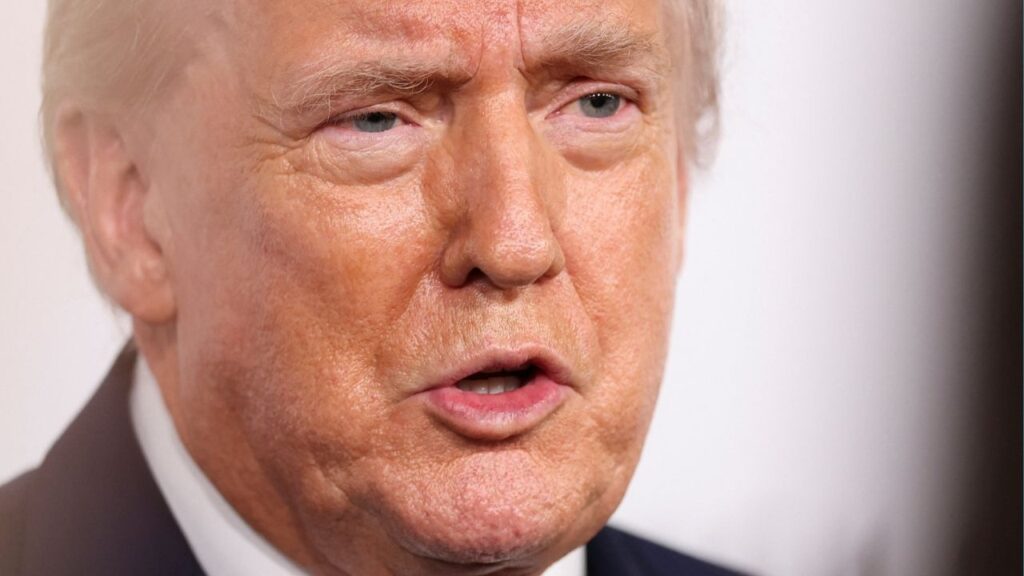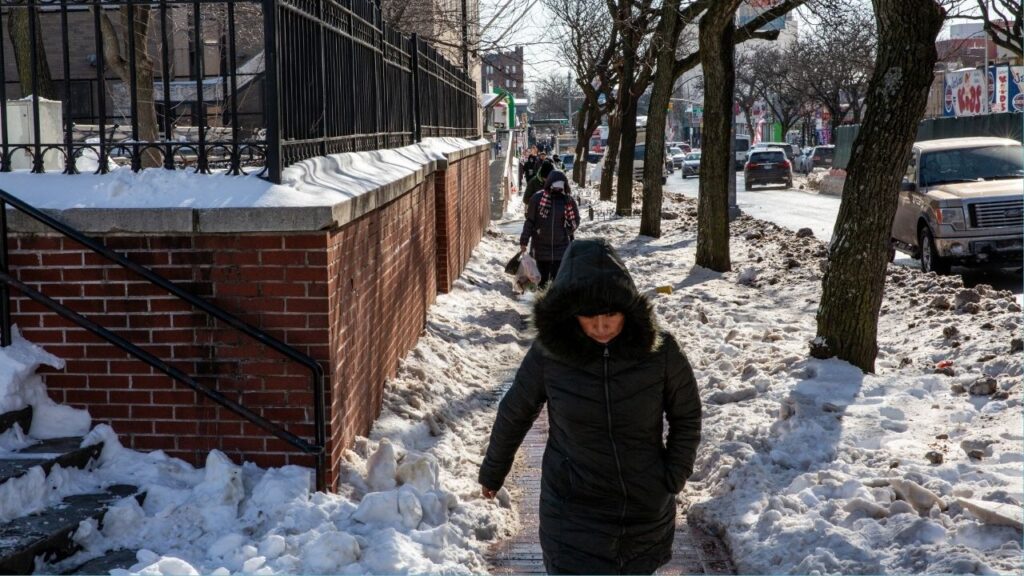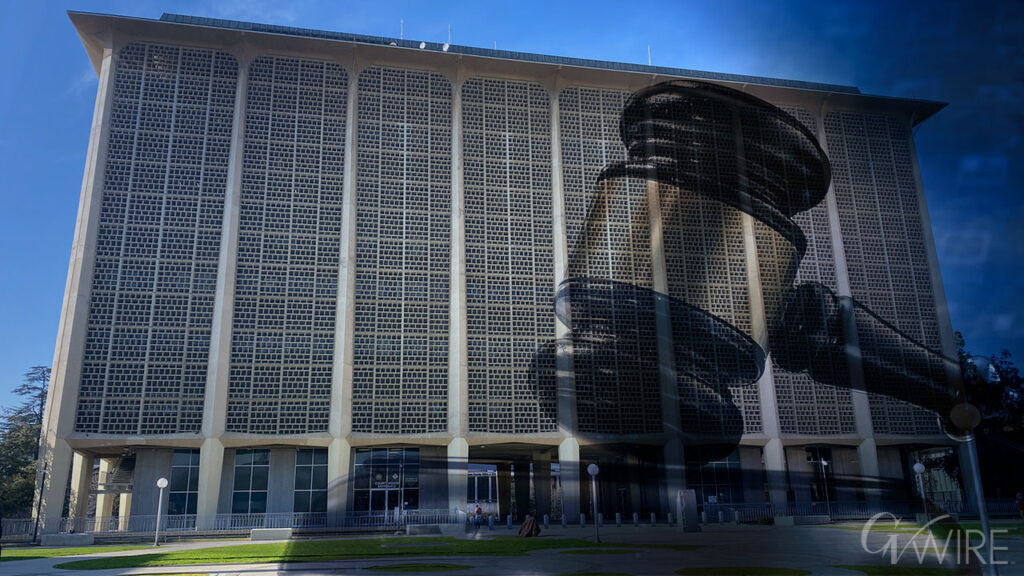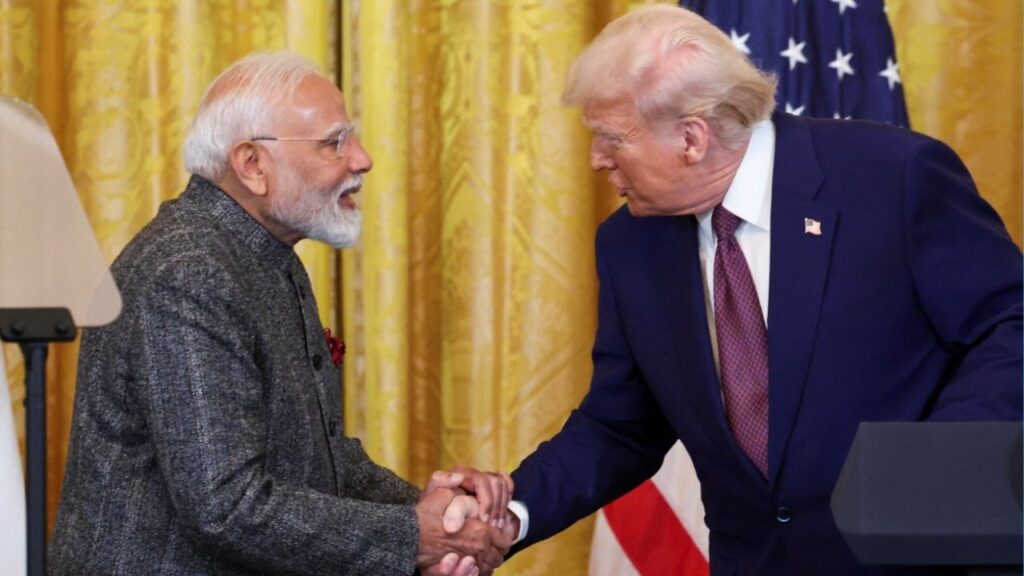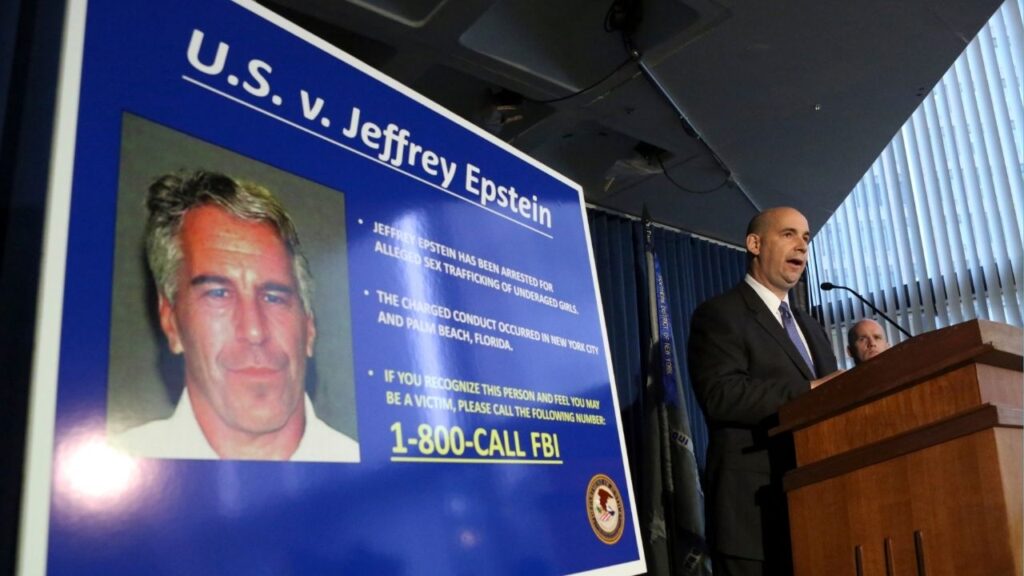The U.S. Supreme Court building in Washington, on March 4, 2024. It is unlikely that the Supreme Court ends up playing a major role in the outcome of the 2024 election, according to elections experts, but it is possible. (Maansi Srivastava/The New York Times)

- Experts say it’s unlikely the court will determine the presidential outcome, though close margins could prompt intervention.
- The court's decision to halt the 2000 recount remains the main instance of its involvement in ballot counting.
- The court may hear cases affecting congressional races, influencing future Senate and House control.
Share
|
Getting your Trinity Audio player ready...
|
As the polls open on Election Day, the race between Vice President Kamala Harris and former President Donald Trump appears to be a dead heat, leading some to fear that the election will be dragged out and the U.S. Supreme Court could determine the outcome.
A handful of election-related disputes have already reached the Supreme Court. Last week, the court issued decisions that allowed Virginia to purge 1,600 people from its voter rolls, declined to remove Robert F. Kennedy Jr. from the ballot in two battleground states and allowed voters in Pennsylvania whose mail-in ballots had been deemed invalid to cast provisional ballots in person.
The question remains if the presidential election will be so close that the court, which has a 6-3 conservative majority, will take up a case in the days or weeks ahead that decides who the next president is.
It is unlikely that the Supreme Court ends up playing a major role in the outcome, according to elections experts, but it is possible. Here’s what to know.
What Role Could the Supreme Court Play?
The Supreme Court has generally tried to stay out of political and electoral fights, and most election-related litigation will remain in the lower courts. But once a case is in the court system, it becomes possible that the Supreme Court could choose to take it up.
To do so, the court would need to determine that it had jurisdiction over the issue and that a candidate was bringing forward a legitimate legal challenge, such as how certain classes of ballots should be treated.
This is a high bar to overcome.
“If there are no real good theories as to why there was some major flaw in how an election was run, then I really don’t see a pathway to litigating from being behind in an election to being a winner,” said Richard L. Hasen, an election law expert at University of California, Los Angeles School of Law.
What Factors Matter Most?
The Supreme Court could make a difference in the final outcome if it takes up a case in a state where the margin of votes is very close, elections experts say.
“The closer things are, the more you can expect a torrent of postelection litigation,” said Richard H. Pildes, an election law expert at New York University School of Law.
The margin of votes between Harris and Trump would need to be razor thin. Even a gap of about 10,000 votes, as was seen in Georgia and Arizona in 2020, would most likely not be close enough for a Supreme Court decision to make a difference in the final outcome.
The slim margin would also have to be in a state with enough electoral votes to make a difference in the final count.
Elections experts will be paying special attention to Pennsylvania, which has 19 electoral votes and which Pildes said is “always a fertile ground for election litigation.”
What Is the Precedent for the Supreme Court Deciding Elections?
While the Supreme Court routinely considers election-related litigation, it has historically chosen not to get involved in ballot counting.
The major exception came in 2000, when the Supreme Court considered a dispute in Florida between then-candidates Gov. George W. Bush of Texas and Vice President Al Gore. On Dec. 12, 2000, by a 5-4 vote, the Supreme Court overturned the Florida Supreme Court and halted the recount of votes, leading Bush to win the state and ultimately the presidency.
In the end, Bush won Florida by only 537 votes.
“If we end up with a really close election like we saw in 2000, then the Supreme Court’s role could end up being dispositive,” Hasen said. “Then you have a situation where the margin of error in how the election was run would exceed the margin of victory of the candidate.”
Will This Election Be That Close?
It’s impossible to predict, but polling shows one of the closest presidential elections in the history of American politics.
Hasen cautioned that close polling doesn’t always lead to close outcomes, and it’s possible that none of the battleground states will be close enough for any litigation before the Supreme Court to have an influence on the final result.
What Are Other Possibilities?
It’s also possible that the Supreme Court takes up cases after the election that won’t affect the winner of the presidency but could affect congressional races that decide which party takes control of the Senate or the House of Representatives.
The Supreme Court could also entertain litigation that may not tip the scales in 2024 but could create lasting implications in future federal elections.
–
This article originally appeared in The New York Times.
By Kate Christobek/Maansi Srivastava
c. 2024 The New York Times Company
RELATED TOPICS:
Categories
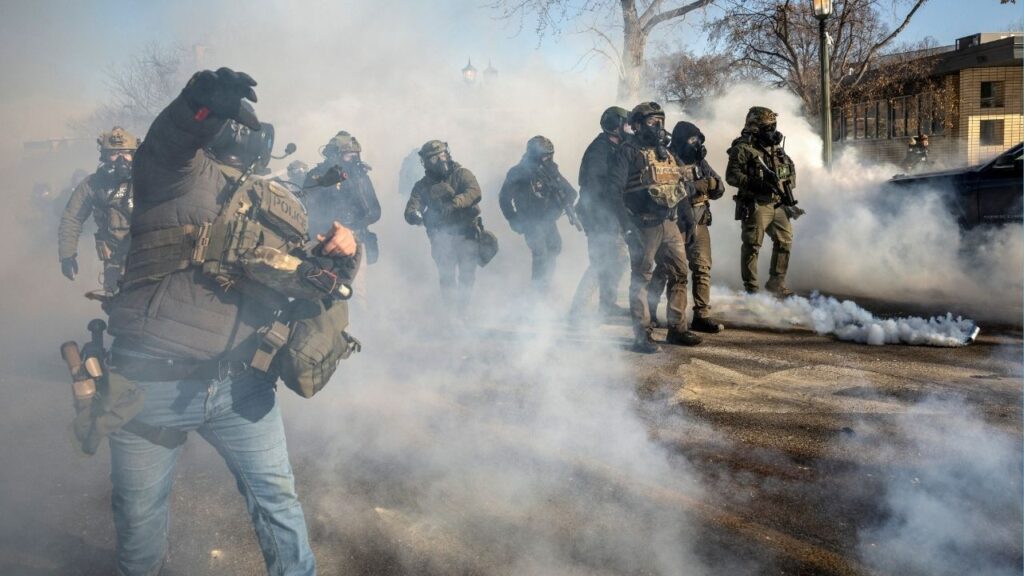
Here’s What to Know About the Partial Government Shutdown






